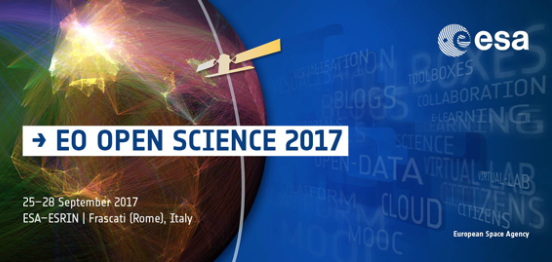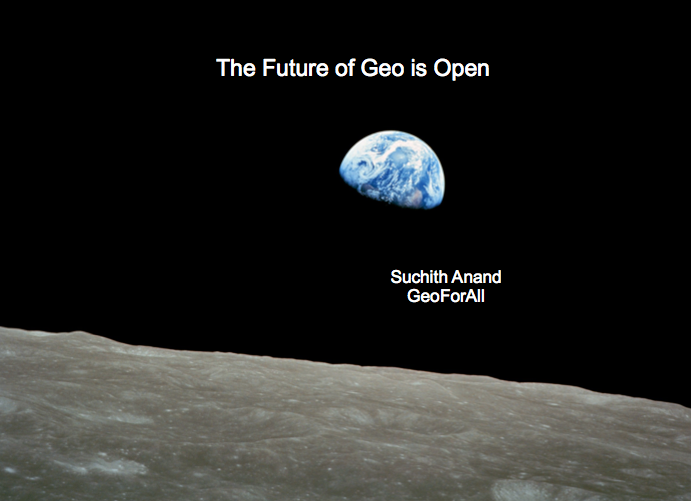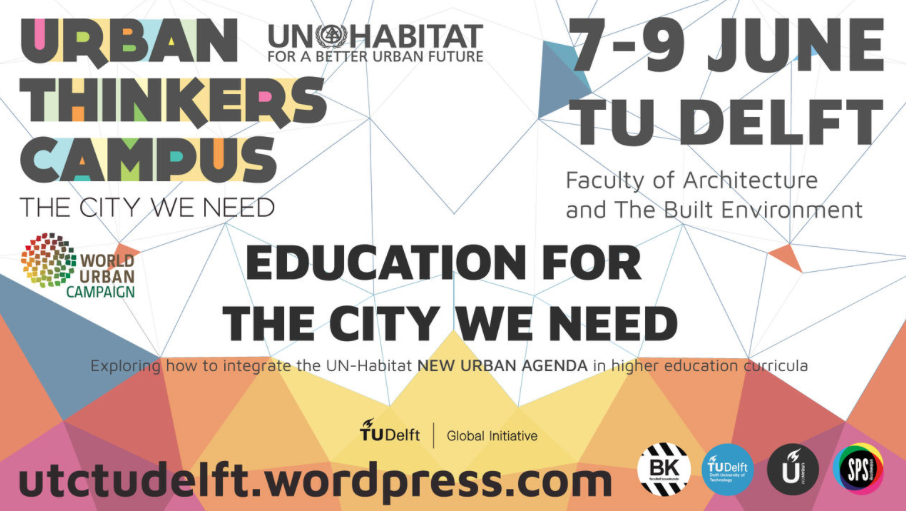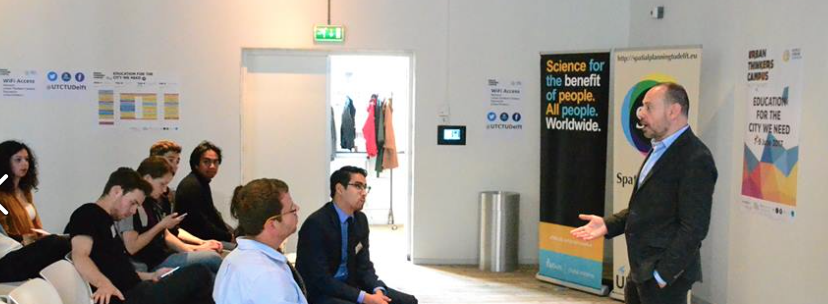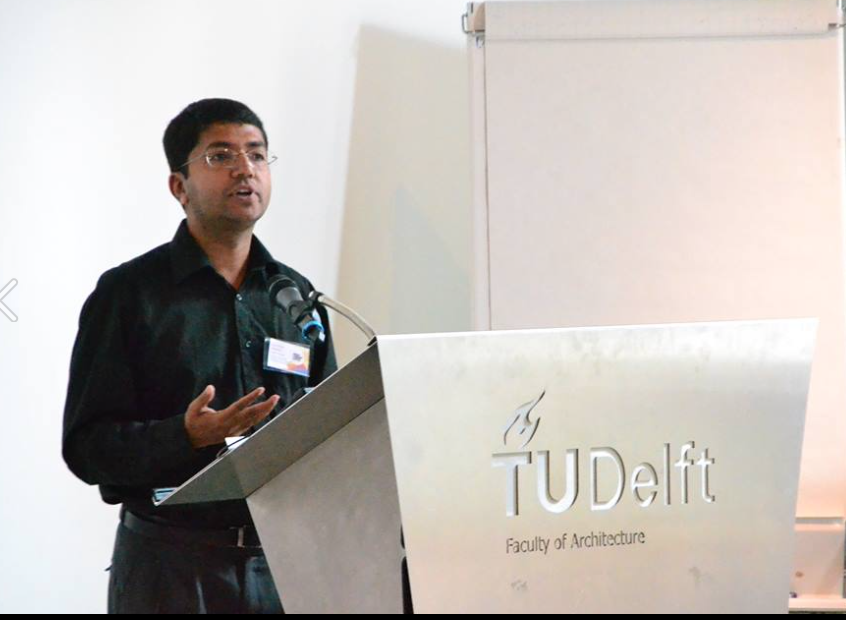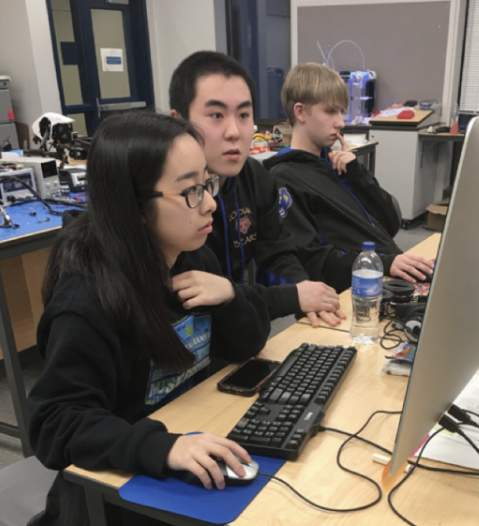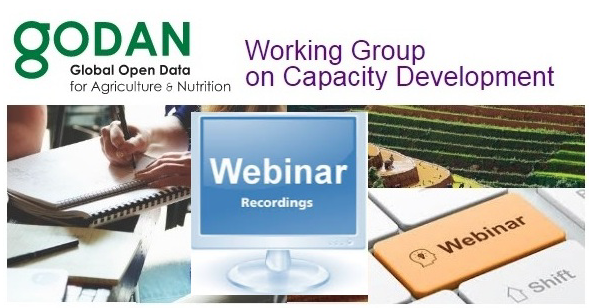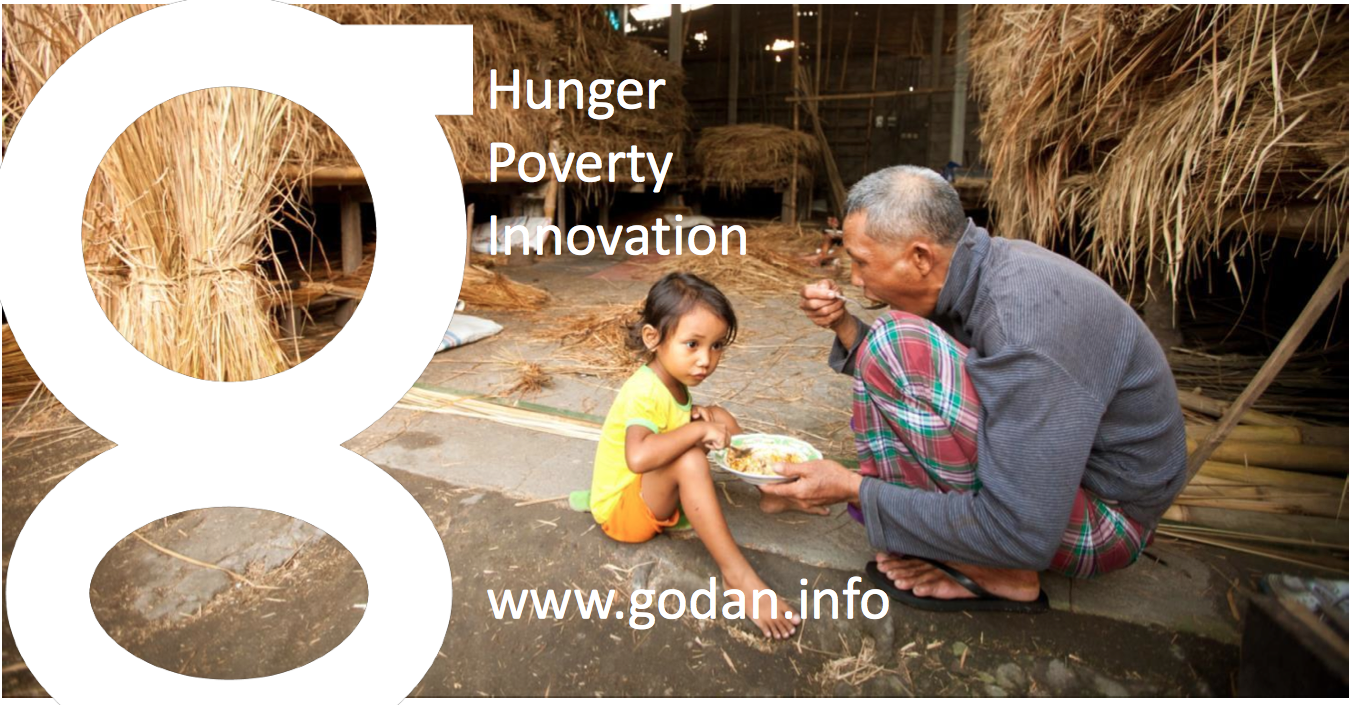Dear Colleagues,
It is my great pleasure, to introduce our colleagues at the Laboratory of socio-geographical research of the University of Siena, as our “GeoForAll” lab of the month. The University of Siena is one of the most ancient Italian Universities, founded in 1240. LADEST is the Laboratory of socio-geographical research of the University of Siena, based in the Department of Social, Political and Cognitive Sciences. The laboratory specialises in data collection and spatial analysis, Geographical Information Science, and territorial data mapping. Since the area of geography is a cornerstone of the activities, the expertise of LADEST – which includes volunteered geographic information (VGI), user-generated content (UGC), semantic analysis, photo-sharing, social networks dynamics, data mining and GIS based data visualization – will benefit the endeavour impacting on different projects.
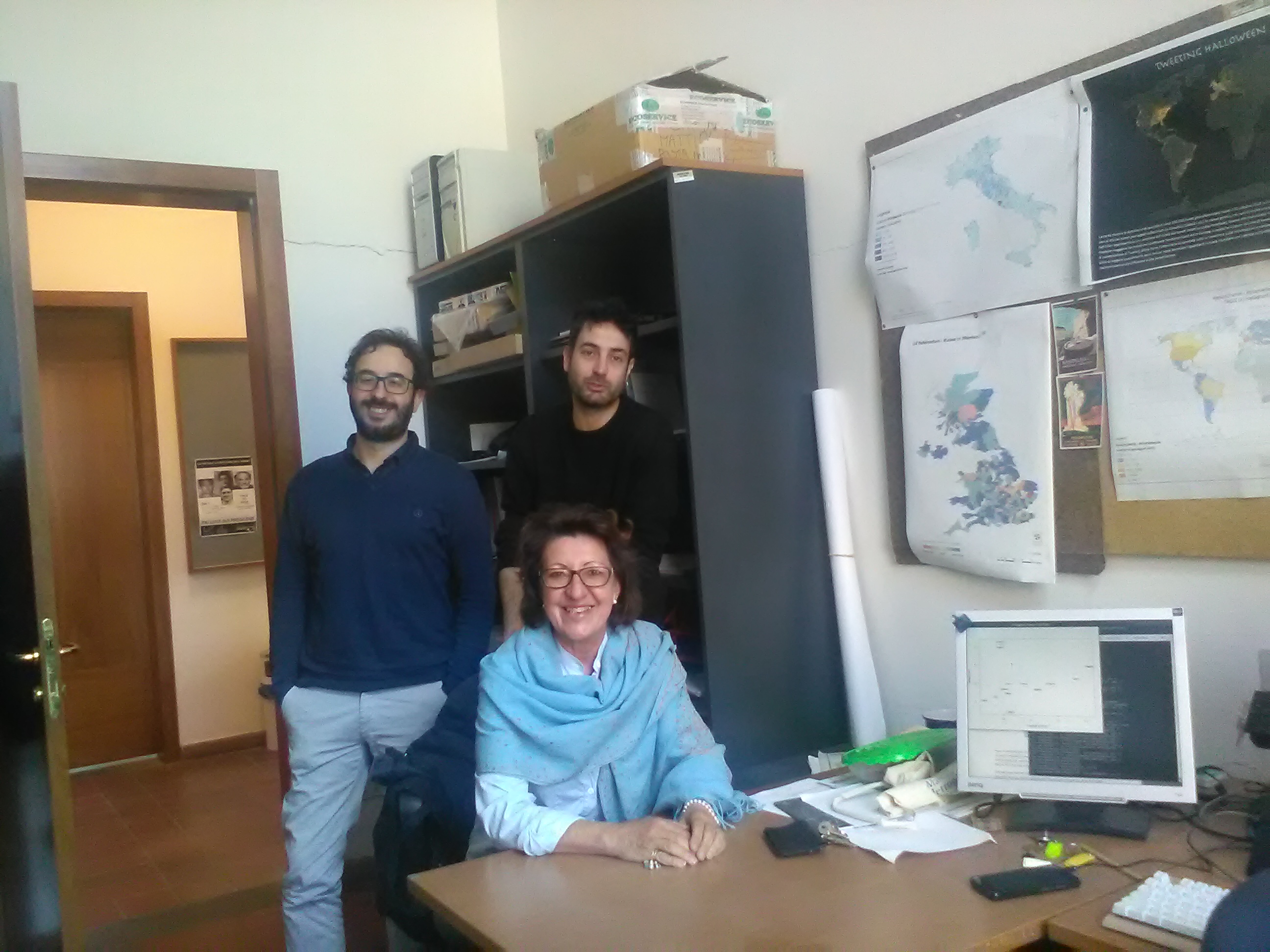
Prof. Cristina and colleagues at LADEST, University of Siena
LADEST employ mainstream GIS tools as well as applications developed in house to retrieve photo from Flickr or Tweets from Kowalski which has been one of the first experiment (in 2013) to retrieve georeferenced Tweets. They also developed TEA, TouristExperienceApplication at http://tea.ladestlab.it/
LADEST benefits from international exchanges and recently had two visiting professors namely Georg Gartner (TU Wien) and Claire Ellul (UCL) who have enriched the work done at LADEST with their lectures and citizen science experimentation.
In 2011 the University of Siena founded a sustainability network, Nesso (Network Siena Sostenibile) to foster fruitful exchanges with interested parties in order to define sustainable policies and operating solutions and then became a regional centre of the UNSDSN network. So Ladest is also engaged in sustainable development, sustainability indicators, smart cities.
LADEST has been the leader of a 4 year COST Action: IC1203 ENERGIC (2012-2016) on the harnessing crowdsourced geographic information from sources to software and methodologies (www.vgibo.eu) ENERGIC developed the “VGI Knowledge Portal”. This Portal provides information about the domain of Volunteered Geo-Information (VGI) by presenting its relevant concepts, products and their relationships. As the portal is a Wiki, it is used both to browse and to edit its page content.
LADEST current research focus is on the following:
The effect of airBnB in urban disneyfication process ( see http://ladestlab.it/maps/70/airbnbscapes , http://ladestlab.it/maps/68/the-airification-of-cities) citizen science and, territorial marketing and environmental monitoring.
A permanent Observatory on the use of Twitter platform by the Italian municipalities in collaboration with Twitter and ANCI (Associazione Nazionale Comuni Italiani).
(see https://ladestlab.it/maps/66/i-comuni-italiani-su-twitter-l-evoluzione-2013-2016)
Regional and urban analysis integrating crowdsourced geographic information with other authoritative data (e.g. Census data) to be employed for example in political geography. Their latest experiment on Brexit’s results (see http://ladestlab.it/maps/54/urban-britain-and-the-brexit-vote )
Landscape as a material and immaterial resource. Cristina Capineri founded the Museum of Landscape in Castelnuovo Berardenga (Siena) almost twety years ago (see http://www.comune.castelnuovo.si.it/?q=museo-paesaggio )
http://ladestlab.it/maps/60/mapping-flickr-number-of-flickr-photographs-per-country
The GeoForAll lab in University of Seina welcomes collaborations from all interested and work for making contributions to the wider society. More details at http://ladestlab.it
On behalf of the GeoForAll community, we thank Prof. Cristina Capineri and all colleagues from the University of Siena for their contributions to the GeoForAll initiative and look forward to working and building more collaborations with all interested on this education mission.
Best wishes,
Suchith


